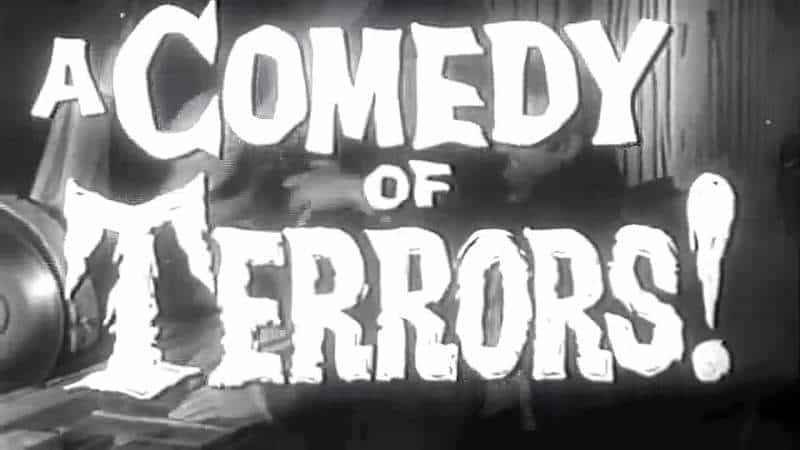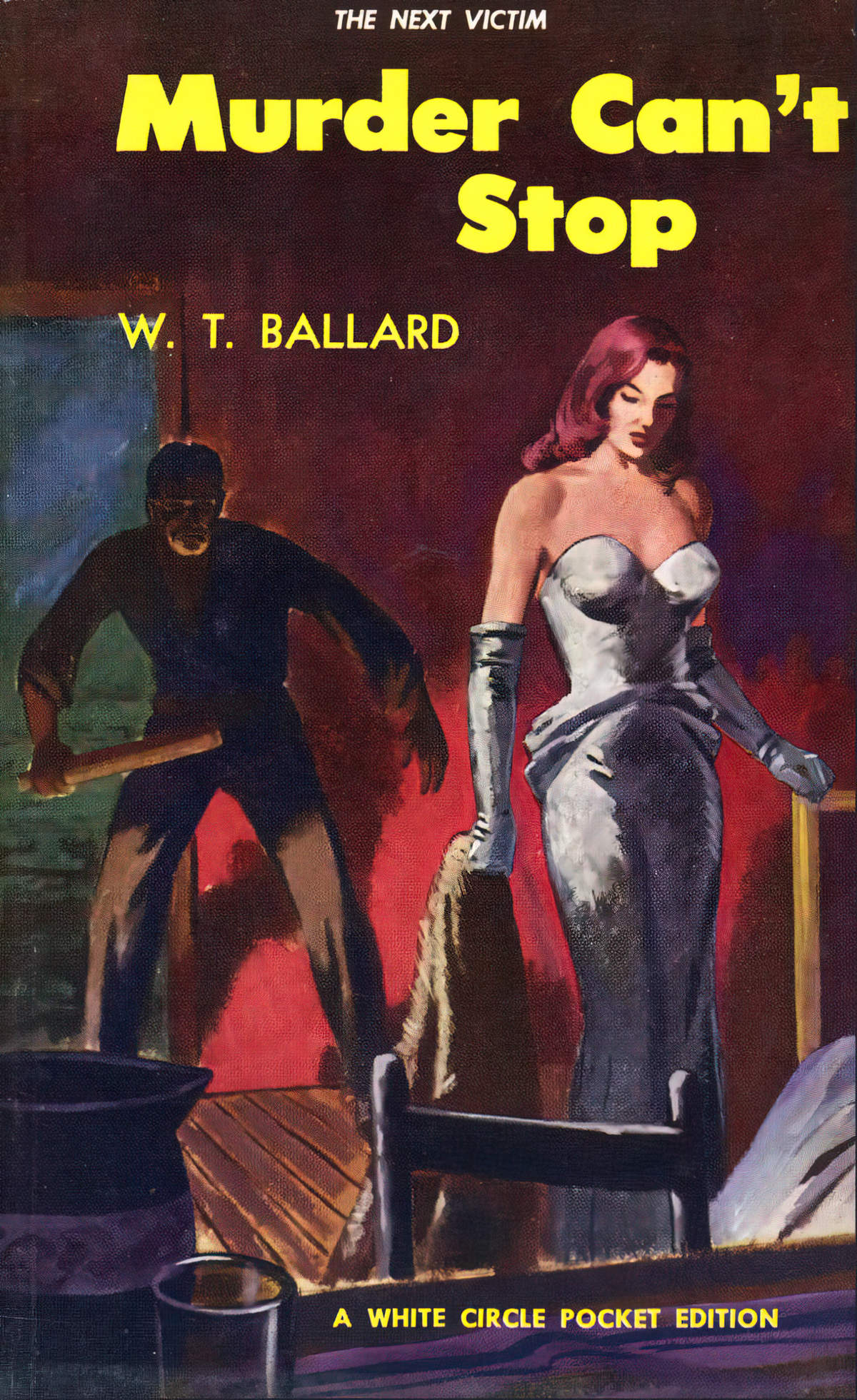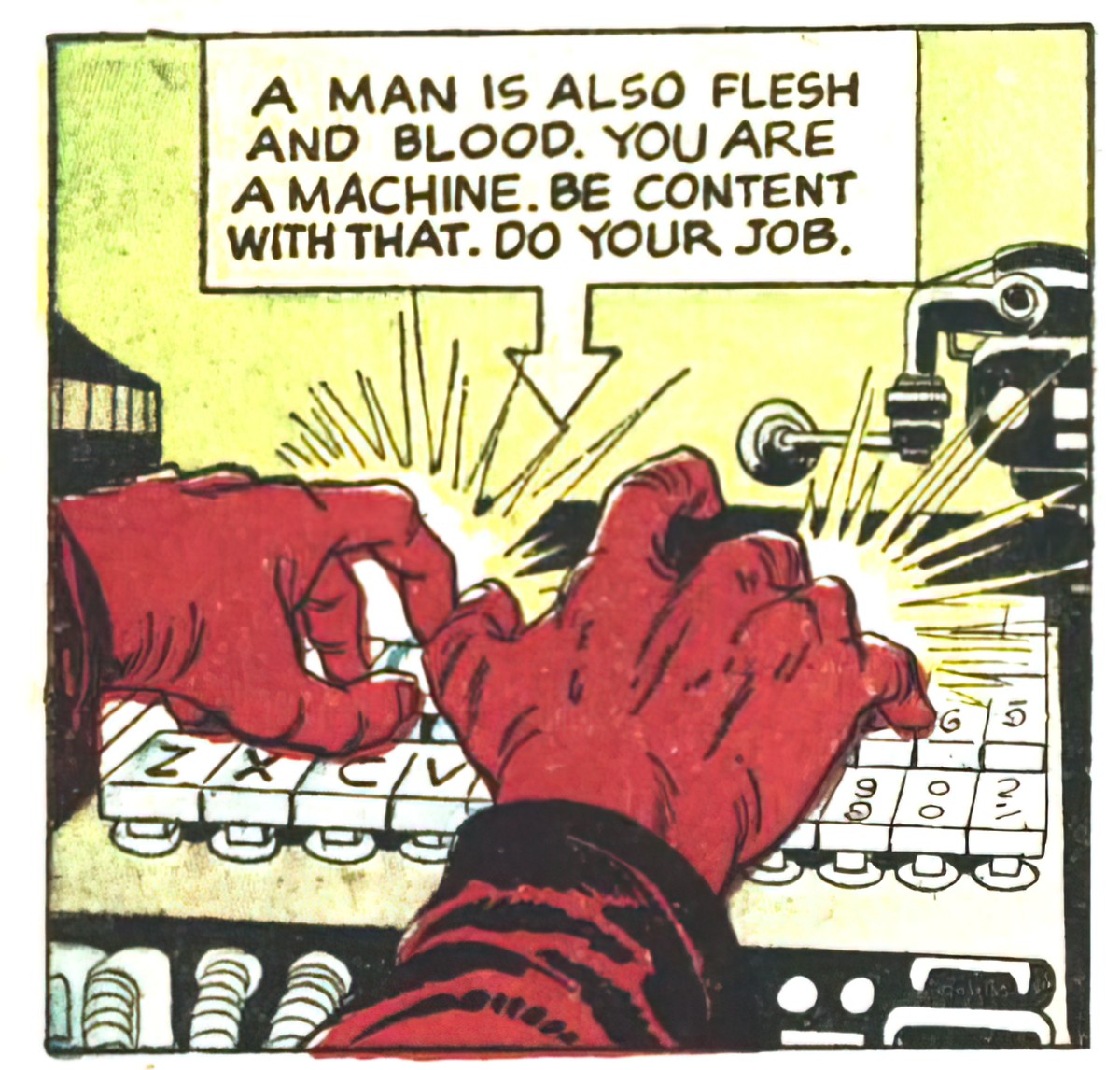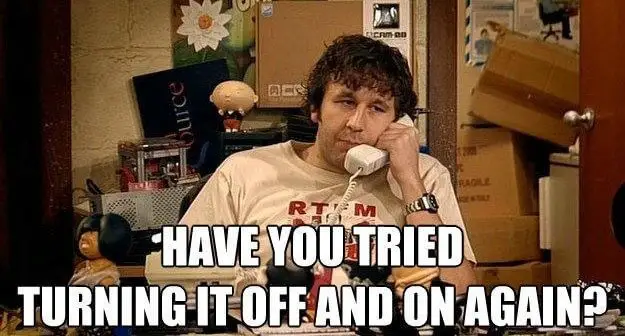Fussbudgets, sticklers, officious types, whatever you want to call them — comedy gold. An essential component of the fussbudget is mechanical behaviour. We’ve all had run-ins with them, which makes the comedy aspect universal.

MECHANICAL BEHAVIOUR ON SCREEN
This gag plays out especially well visually, so you’ll see it in many films and TV shows.
TV Tropes calls these characters Sticklers For Procedure.
An essential component of the comedic fussbudget is ‘mechanical behaviour’. The scene above is from the film Meet The Parents. Note how both women behave like robots. If they really were robots they’d more appropriately fit into horror or sci-fi, but when the setting is realist, their fixed smiles, lack of emotion and recognisable, stock-standard responses enhance the humanity of the straight-man, our underdog hero, and for some reason we find mechanical behaviour in humans extremely funny. The adult equivalent of putting a hat on a dog.
Perhaps it’s even more funny when the mechanical person is a woman, as it often is (though not always, by any means). Is this perhaps because in real life we’d expect more emotion and empathy out of a woman than we would out of a man? In any case, when a woman behaves in this way there’s a distinctly Stepford Wives vibe to it. (Stepford Wives is horror rather than comedy.)
We have a slight variation in Planes, Trains and Automobiles.
The audience, as well as Steve Martin’s character, is shown the robot’s human side first before she snaps into robotic mode. This makes the comedy all the sweeter when she slips out of it again at the end of the scene, and turns into a Jerkass who sticks to the rules just because she knows it will inconvenience someone who’s just been rude to her.
The ‘Computer Says No’ series of Little Britain sketches uses the same mechanical behaviour — the more sketches you watch the funnier they become, because you know the line that’s coming.
When Roy in The I.T. Crowd hooks up a machine to do his job for him: “Have you turned it off and on again?” this is a joke based on mechanical behaviour.
These are all examples of extreme mechanical behaviour, but if we widen the definition, it includes any situation in which X occurs and Character does Y. Catherine Tate’s creation Lauren is funny because we know, after any provocation at all, she will embellish the initial slight and eventually she will ask, ‘Am I bovvered?’ and ‘Are you disrespecting my family?’
If creating a comic character, think of something guaranteed to set them off. Then push that button. The audience will enjoy the completely expected outcome.
Hyacinth Bucket of Keeping Up Appearances is another comedic character with fussbudget tendencies — call her Mrs Bucket and she is guaranteed to roll her eyes and inform us all that it is pronounced ‘bouquet’.
MECHANICAL BEHAVIOUR AND CHILDREN’S STORIES
For a children’s book example of mechanical behaviour in a comedic character see Kate diCamillo’s Mercy Watson Thinks Like A Pig. Repetition is the bread and butter of picture books, so mechanical behaviour is an obvious excellent fit in comedy picture books.
On SpongeBob Squarepants, Patrick is susceptible to mechanical behaviour. In “Karate Star”, SpongeBob teaches Patrick karate. Patrick cannot control his own hand, and mechanically chops up the entire town. This is a clever blend of the mechanical behaviour trope mixed with the hand with a mind of its own trope, from horror. (Horror comedy is a great genre blend, even within the same gag.)

MECHANICAL BEHAVIOUR AND SUSPENSE STORIES
Although the examples given above are all from comedy, the villain in a horror story shares the component of ‘mechanical behaviour’. This is why it’s difficult to write horror — the two genres share so much. It’s also why horror comedy can be such a satisfying mix, a la Courage The Cowardly Dog.
Villains with mechanical behaviours are also found in thrillers.

EXPANDING THE CONCEPT OF MECHANICAL BEHAVIOUR
What if the setting itself appears to propel an entire community to act in prescribed (and terrible) ways? I think this form of mechanical behaviour is the most horrific. Outstanding short story examples:
- “The Lottery” by Shirley Jackson
- “Singing My Sister Down” by Margo Lanagan
- “King Bait” by Keri Hulme
The clip below is a glitch in a game called Heavy Rain. The distraught character yells “Shaun! Shaun!” and is stuck yelling this even when his own life is in danger. “Shaun!” has now become a meme. What appeals? I believe the humour of it derives from the melodrama, the inappropriateness of the response and also, crucially, from the mechanical behaviour. The horror backdrop juxtaposes with the comedy of the situation exemplified by this cross-genre, horror-comedy device.


